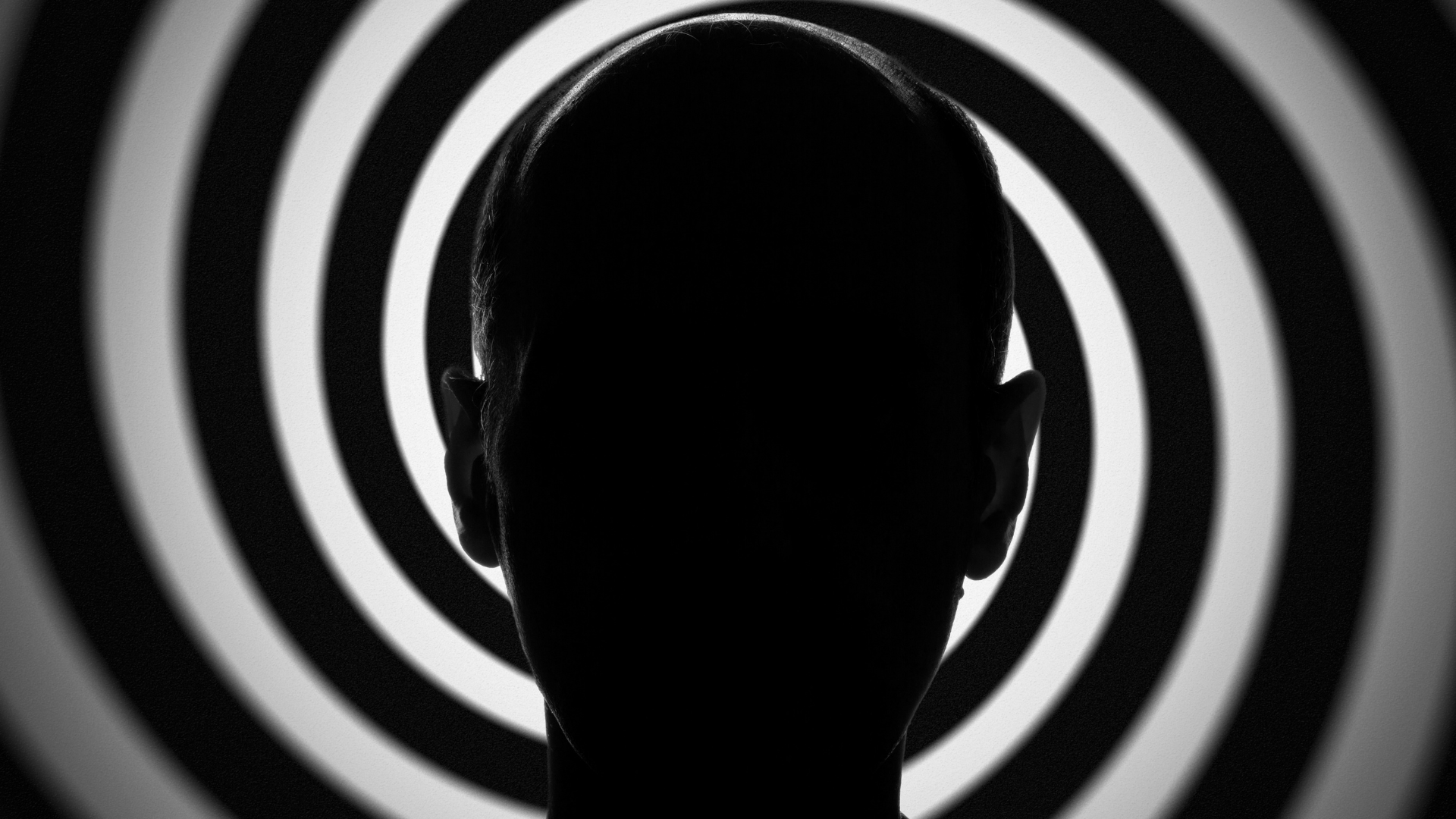Remote Viewing: Exploring the History and Examples of Psychic Perception

Remote viewing is a controversial technique that involves using psychic abilities to perceive distant or unseen targets
Introduction
In recent decades, the practice has gained attention due to its
purported use by various government agencies, including the CIA and the military. Despite its controversial nature, there have been numerous documented instances of successful remote viewing sessions, which have led many to question the true potential of this psychic phenomenon.
The idea of remote viewing can be traced back to ancient times, with various cultures using different techniques to achieve a state of psychic perception. In modern times, remote viewing gained prominence during the Cold War, when the US government began researching the potential of psychic abilities for intelligence gathering. In the 1970s, the CIA launched a remote viewing program called Stargate, which continued until the early 1990s. Since then, numerous private individuals and organizations have continued to practice remote viewing, leading to further advances in the field.
The Controversy Surrounding Remote Viewing
Despite the many claims of successful remote viewing sessions, the practice remains highly controversial among many scientists and skeptics. Some argue that the phenomenon is not scientifically proven and that any apparent success is likely due to chance or bias. Others suggest that any successful remote viewing can be explained by conventional means, such as through subconscious cues or prior knowledge.
Critics of remote viewing argue that there is no scientific evidence to support the notion that people can perceive distant or unseen targets through extrasensory perception. Skeptics point out that the vast majority of remote viewing sessions produce results that are no better than chance, and that any apparent success can be attributed to luck or statistical probability. Furthermore, critics argue that remote viewing is a highly subjective and uncontrolled process, which makes it difficult to distinguish between genuine psychic abilities and other factors, such as cognitive biases and wishful thinking.

Skeptics also suggest that any successful remote viewing sessions can be explained by conventional means. For instance, some argue that remote viewers may unconsciously pick up on subtle cues or hints from their surroundings or from the people around them. Others suggest that remote viewers may have prior knowledge of the target or may be able to infer details through logical deduction. In these cases, any apparent success in remote viewing can be explained by conventional means rather than by psychic abilities.
Despite these criticisms, many proponents of remote viewing argue that there is ample evidence to suggest that the phenomenon is real and can be reliably demonstrated under controlled conditions. They point to the many successful remote viewing sessions conducted by government agencies, such as the CIA and the military, as evidence that the phenomenon is real and can be used for practical purposes. Moreover, they argue that the fact that the US government and other organizations have invested significant time and resources into researching the potential of remote viewing suggests that there may be more to the practice than mere chance or bias.
